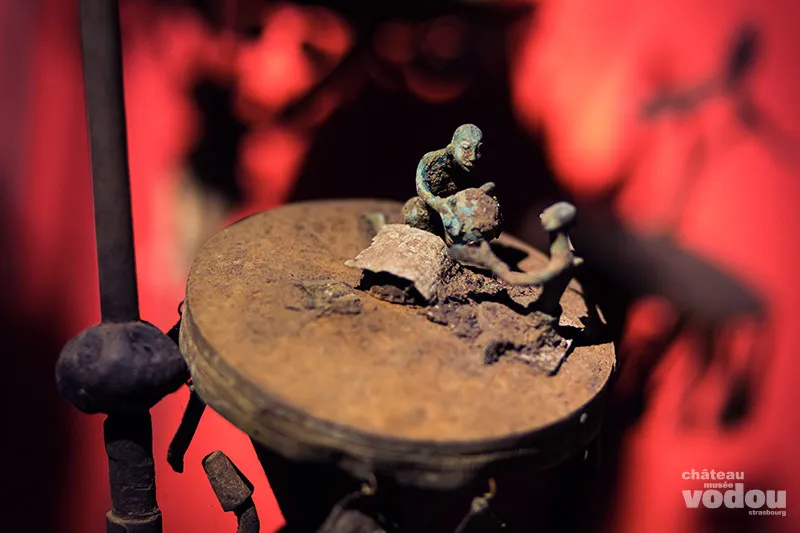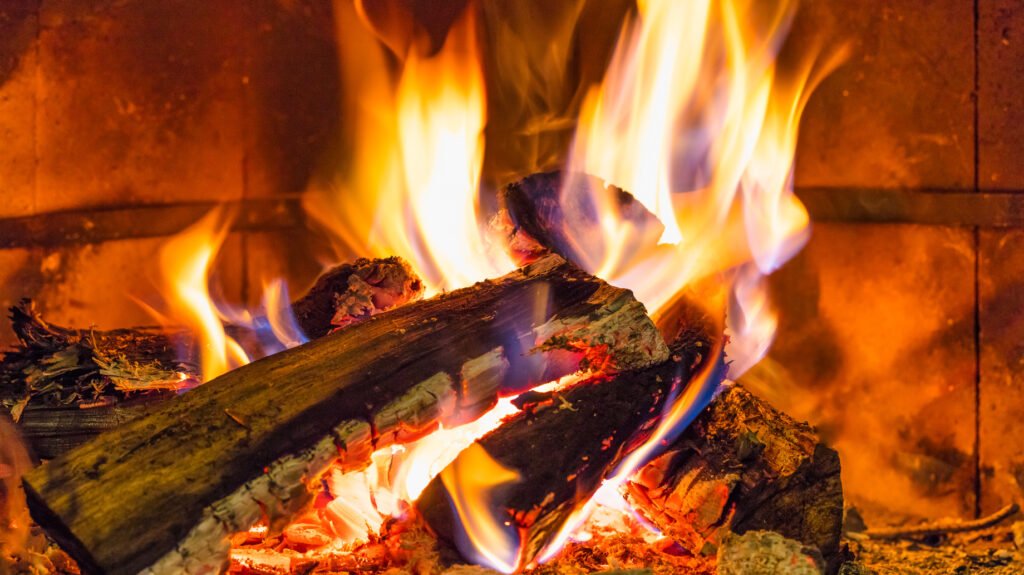
Considered as a religious homage paid to a divinity or a holy character, the cult presents itself as a science which is based on a certain number of natural elements or variations to study the genesis and the existence of a divinity in order to prove its origin through concrete objects from nature. As a result, the word vodun which has the equivalent of “orisha” of the Yoruba cultural area, also called “vodun/voju” or (vodoun/vodjou) of the “adja-fon” cultural area, is generally known as a cult given to a multitude of deities
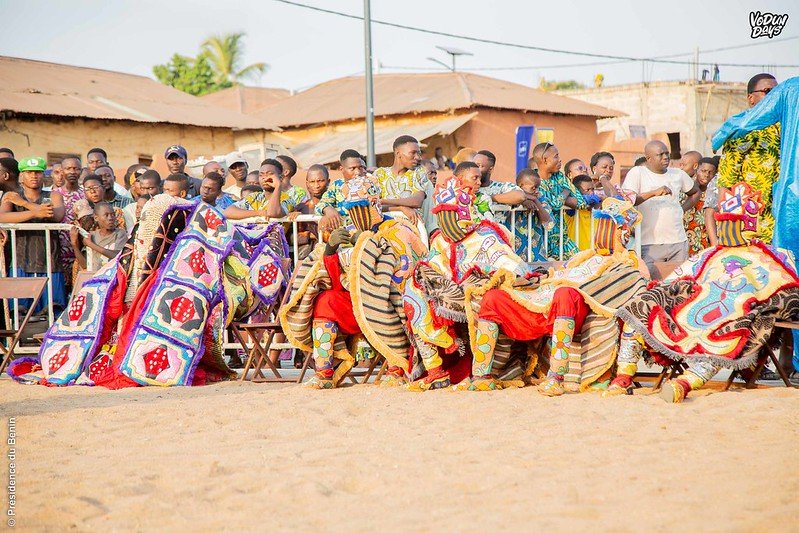
Just like the orisha cult of the Yoruba world, the “vodun/voju” cult makes water, earth, air, fire its origin, otherwise its source to satisfy the believers. Thus, it would have settled in the form that we know today in the ancient kingdom of “Danxomὲ” (Danhomè) between the 17th and 18th centuries which has remained to this day with the name vodun. Benin had and has the basic elements, namely: water, earth, air, fire and others since the creation of the world for its rooting and entanglement or metaphysical dimensions.
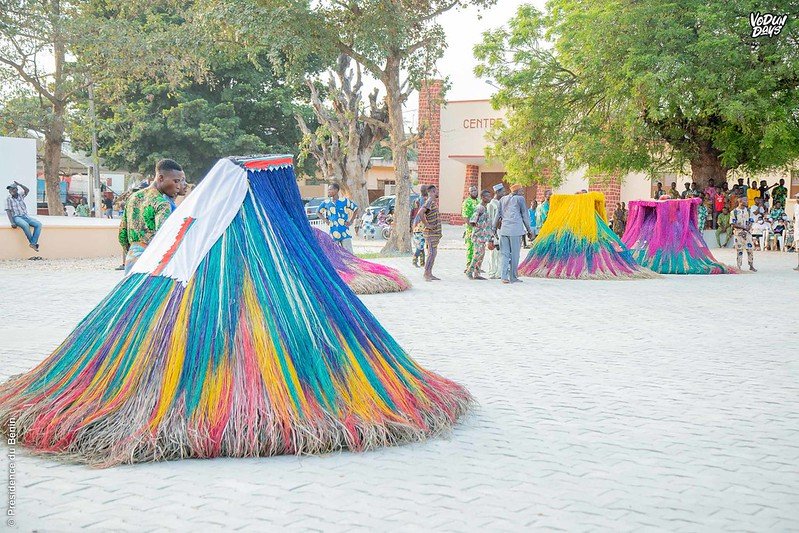
Seen from this angle, the current Republic of Benin can be considered as the cradle of “vodun”. Because, it is not excluded that the peoples of the “aja” cultural area during their stay in Tado in present-day Togo experienced a similar cult prior to the emergence of Danxomὲ. Moreover, this is the case of the “Agasuvi” creators of the kingdom of Danxomὲ, during their stay in Allada, had established the cult of “Ajahutͻ” (Adjahouto). This cult is still celebrated today in Allada in honor of the ancestor of “Aladaxonu” (Alladahonou). These religious realities and their religious or cultural practice relating to other ethnic groups, identities and cultural areas have been developing to date in Benin.
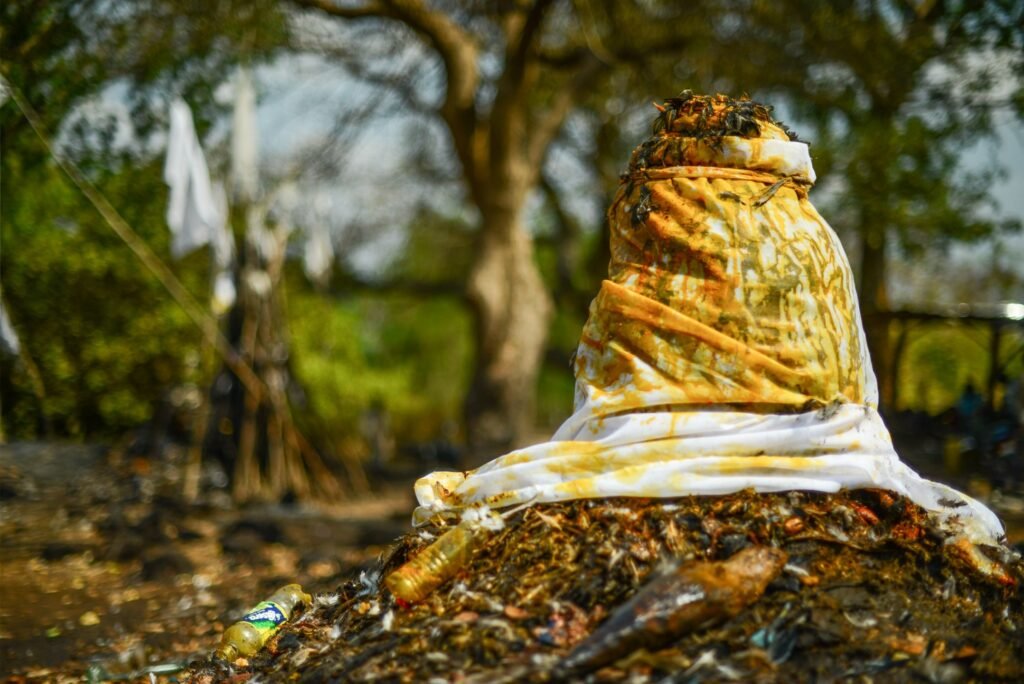
Vodun is limited to lower Benin. Furthermore, the Vodun pantheon has a remarkably hierarchical organization. “In the Vodun myth appears a whole genealogy whose rigor irresistibly brings to mind the organization of the clan and the lineage” underlines (Mondjannagni A., 1977, P 119). Anthropologists agree to classify vodun into two main categories: Ethnic vodun which revolve around ancestor-gods and inter-ethnic vodun which manifest in natural phenomena and in historical or mythical beings. Considering this demonstration based on the worship of divinities, the elements of nature and the examples from the kingdom of Adjahouto in Allada, we can conclude that Benin is the cradle of vodun with a multitude of vodun which is the pride of the country abroad.
